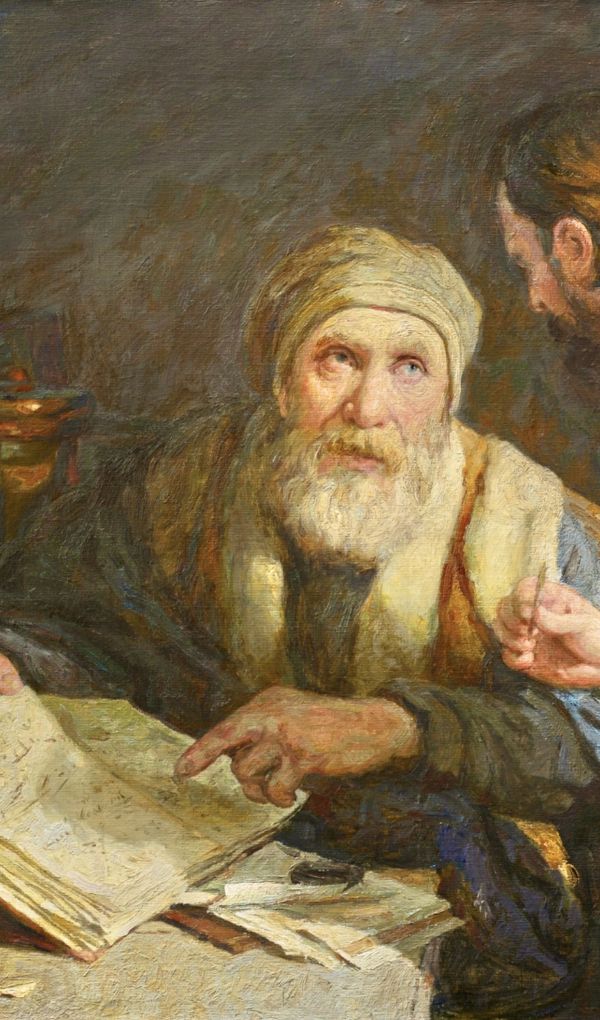Christian shrewdness: sense of duty and of the fair 'Master'
(Lk 16:1-13)
In «The death of Peregrinus» [De morte Peregrini, 13] the irreverent Lucian of Samosata, polemist of second century - expresses himself as follows towards Christians:
«Their first Legislator persuades them that they are all brothers among themselves, and, as they convert, denying the Greek Gods, they adore that “wise” Crucifix, and live according to his laws. For wich they despise all goods equally and believe them as common and do not care when they have them. Therefore if among them arose a shrewd impostor who knew how to handle them well, immediately he would become rich, mocking these gullible and silly people».
Even more so than private individuals, ecclesial society manages goods for itself that are common, sacred and not exclusive.
But a responsible, community leader [cf. v.14], is accused of taking advantage of his position as administrator of the goods of God and the church.
The Torah, the specific regulations and all the official customs of the ancient East prohibited asking for interest on supplies (or loans) of foodstuffs.
However, under the counter the landowners relied on blackmail. Withholding undue and lavish compensation, on transactions.
Then the "opportunist" puts the right evaluation into play: he recalculates and aligns accountings - renouncing the illicit income he had hoped to enjoy firsthand.
Although used to going head-on in society, the old man finally chooses not to continue stubbornly in scaming of the percentages in addition, which were not due to him.
He seizes the opportunity that presents itself on his way. This is the point that Lk emphasizes. And he promptly decides not to continue to corrupt himself and others: valid option.
He’s therefore praised (v.8) because he realizes another possibility. And he does it with fair ‘cunning’, this time not random.
Spiritual Way has a raw crossroads: to ask oneself whether to start again in the style of accumulation-and-withhold, or to focus on the quality of relationships.
Excellent work of the Faith in ecclesial experience - and threshold of joy - is to transform resources into Life and Relationship.
In short, a spiritualism of sentimental character is not enough. We must heal the budgets and avoid the internal business groups [cf. v.14].
Justice and the universal destination of goods are not mere additions, the meaning of which can be blurred.
Once the truth has been restored, here is a beautiful method to «purify» even the unfair wealth: to use it for the recipients.
Despite mistakes that can be made - we may always impose on ourself a decisive turn.
In short, the fullness of the God’s Kingdom is realized through Encounter, and goods make sense as a possibility of human development (vv.9-13).
Therefore, spiritual guides must be the first witnesses of this social, humanizing and divine function.
They are called upon to dispose of common resources in a way that’s neither cheerful nor carefree, but with a strong sense of responsibility - without any shadow.
[25th Sunday in O.T. (year C), September 21, 2025]












